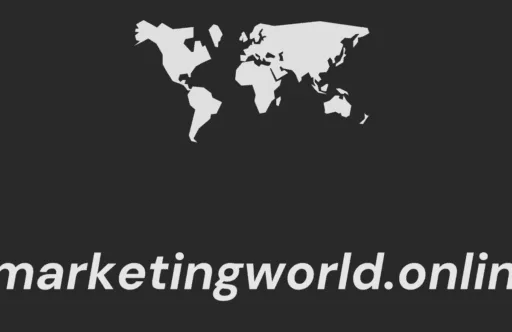Presently, nearly two-thirds (63%) of entrepreneurs within the UK have no clear technique for cookieless personalisation and stand to lose worthwhile shopper insights in the event that they don’t act quickly.
And not using a stable method to navigating a post-cookie world, manufacturers are unlikely to have the ability to present the extent of personalised buyer experiences that customers demand, risking each lead era and income.
It’s time for entrepreneurs to begin serious about what comes subsequent, and utilising first- and zero-party information to ship the digital experiences that clients have more and more come to anticipate in 2024.
Making a Worth Trade
Personalisation has change into widespread apply during the last decade, inflicting many strategies to now be overused and ineffective. In actual fact, 74% of entrepreneurs within the UK have expressed considerations over how out-of-date some present personalisation expertise is, and a staggering 83% really feel that many personalisation efforts are literally based mostly on assumptions somewhat than data-driven insights.
With third-party information on its manner out, entrepreneurs want to have a look at constructing campaigns and techniques across the information that customers are actively sharing – zero- and first-party information.
Zero-party information — info {that a} buyer freely gives to an organization — and first-party information, information that entrepreneurs can accumulate from shopper exercise on their model web sites, are key ways in which entrepreneurs can alter to the post-cookie world.
Typically, clients are extra keen to deliberately and proactively share information if it signifies that their buyer experiences shall be tailor-made to their particular person wants. It’s all about creating a price alternate However that is solely efficient when utilizing the appropriate applied sciences to rework this information right into a significant, customised experiences.
A Single Platform Method
Counting on third-party cookies has at all times been a bit like counting on gossip. Entrepreneurs ought to as a substitute give attention to the data they’ve acquired or witnessed on to curate on-line experiences.
By adopting a single platform method and bringing information in from every owned model channel, entrepreneurs can create, handle, ship, and optimise content material multi functional place. They will take real-time insights, create content-driven digital experiences, and analyse efficiency with the intention to frequently optimise interactions with clients.
As I at all times say, “do not construct your own home on rented land.” E mail and a model’s web site are the one two channels {that a} marketer really owns. Every little thing else, from third-party web sites to social media promoting, is rented.
So, making this transfer now, and mastering the brand new processes that include it, ensures that manufacturers shall be ready for a cookieless future and may construct and ship the digital experiences that clients have come to anticipate.
An experimentation technique can also be an vital a part of this course of. By taking a check and be taught method to buyer interactions, entrepreneurs can see how people reply to sure content material and optimise curated touchpoints that maximise success.
Whereas over two-thirds (70%) of entrepreneurs are already combining personalisation with experimentation, this quantity will proceed to extend as post-cookies methods evolve. The rationale experimentation is so worthwhile is that it may assist entrepreneurs rapidly uncover what works for his or her audience, and what doesn’t, to allow them to develop efficient approaches which can be tailored with clients in thoughts.
A Cookieless Future
With the goalposts for what clients anticipate from their digital experiences always transferring, entrepreneurs must make changes to remain a step forward as a lot as doable. For me, which means trying to combine methods to create personalised experiences from zero- and first-party information as quickly as doable.
Whereas entrepreneurs should rethink how they accumulate and utilise information and insights from their audiences, I’m excited to see the creativity that can stem from this elevated method to personalisation. Will your new personalisation technique stand the check or will it crumble when cookies are formally phased out at 12 months finish?

